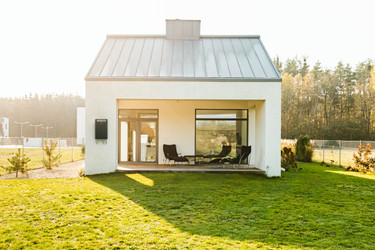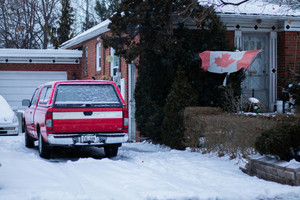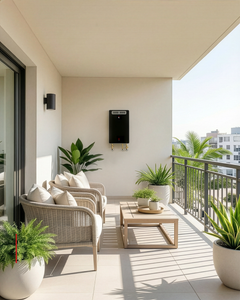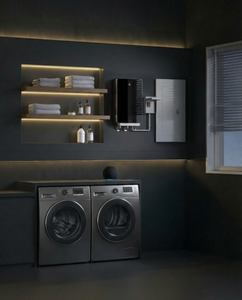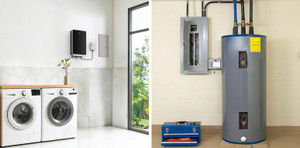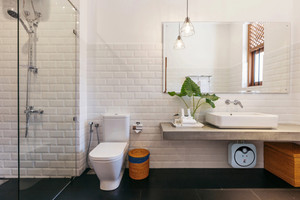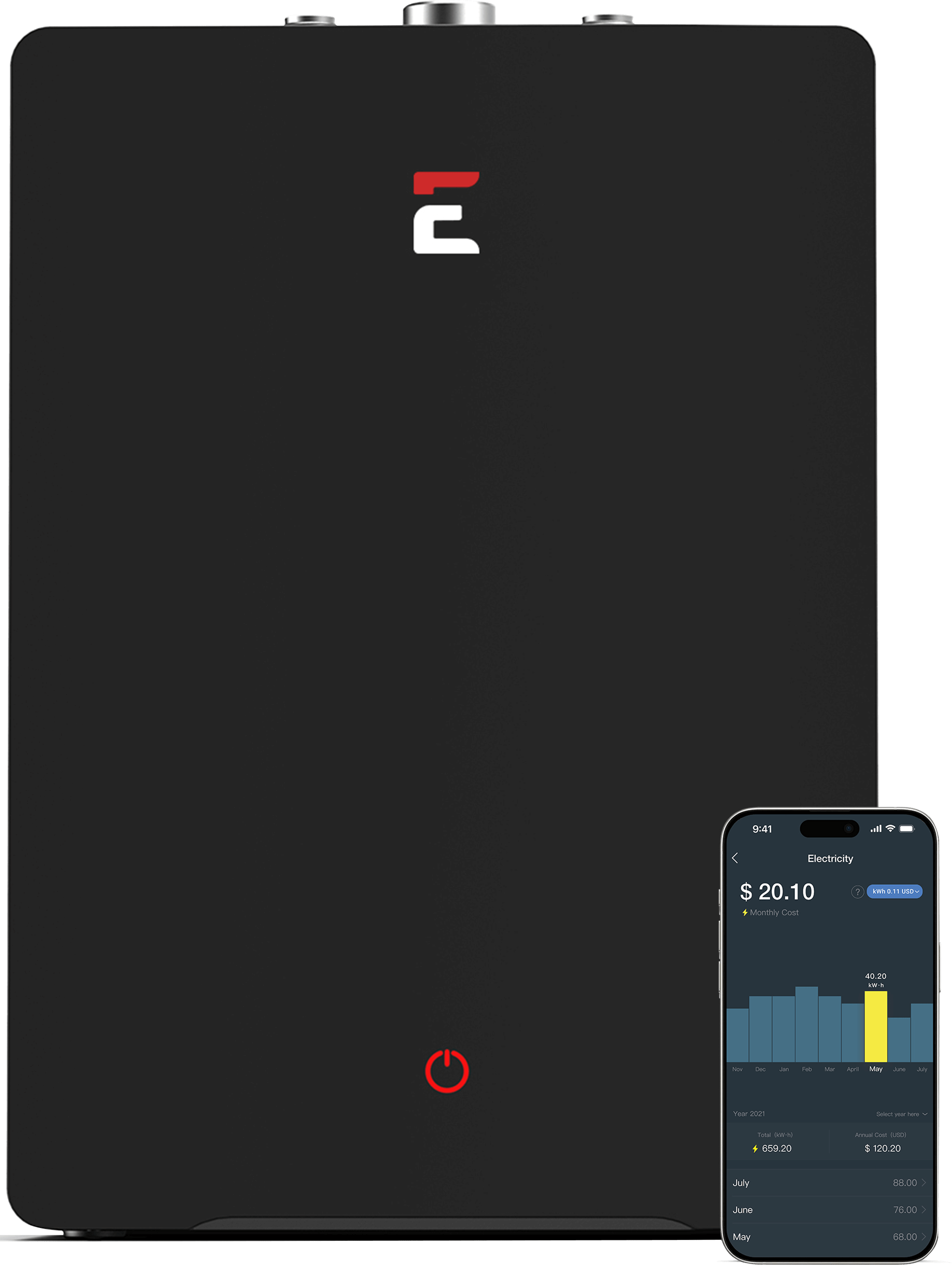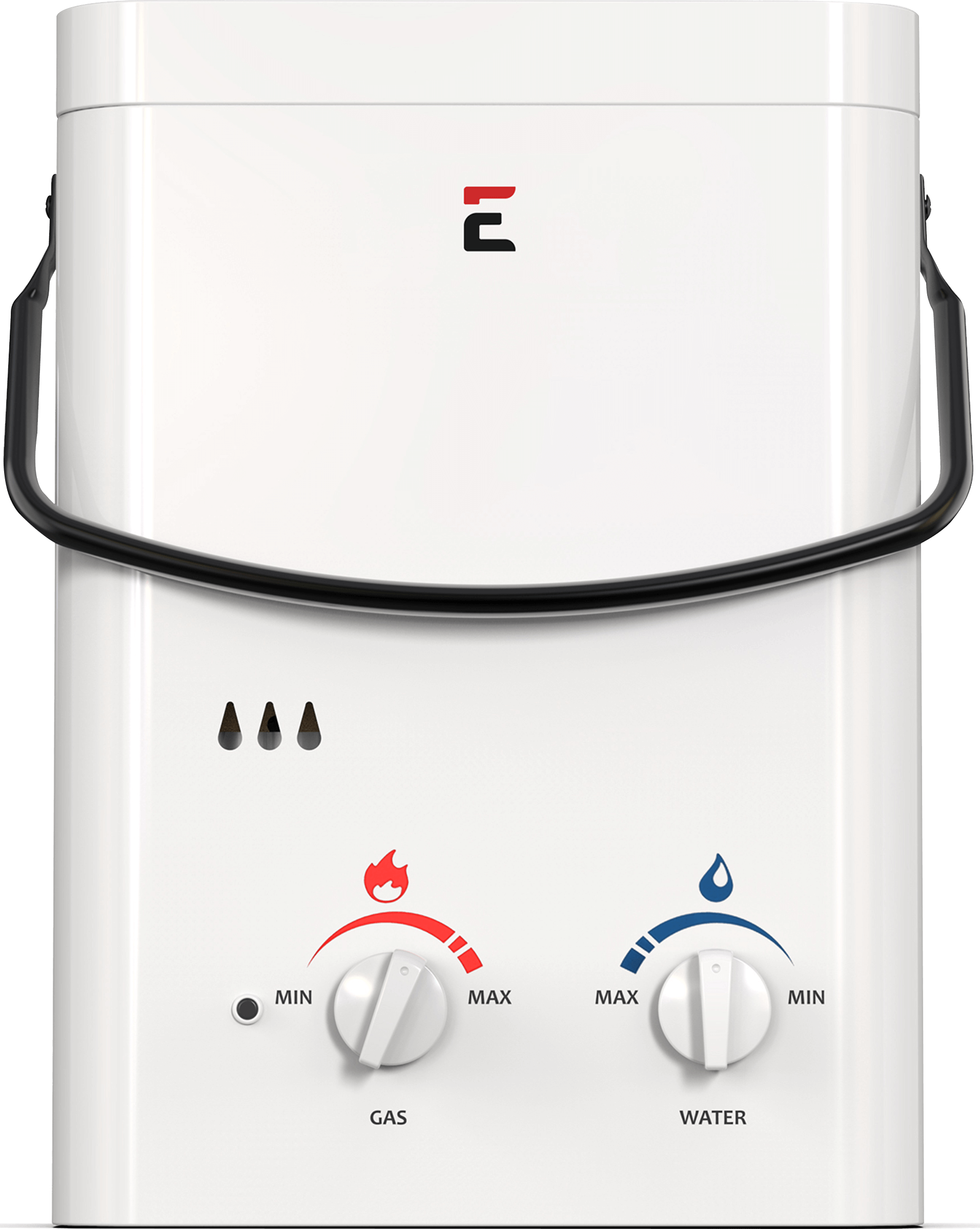Energy Efficiency in 2025: Why Canadian Homeowners Are Switching to Tankless
A Smarter Approach to Home Energy in 2025
In 2025, energy efficiency is more than a trend—it’s a priority for many Canadian homeowners. With the rising cost of electricity and gas, combined with an increased awareness of environmental impact, Canadians are actively seeking solutions that reduce energy waste and lower monthly bills. One of the most effective ways homeowners are achieving this goal is by transitioning to tankless water heating. This innovation provides hot water on demand while significantly minimizing energy consumption, making it an ideal choice for homes across Canada.
The shift isn’t just about saving money; it’s part of a broader movement toward smarter, more sustainable living. Whether in bustling urban centres like Toronto and Vancouver or in the quiet, rural stretches of Nova Scotia and British Columbia, Canadians are embracing tankless technology as an essential component of a greener lifestyle.
The Demand for Energy Savings and Sustainability
Canada’s harsh winters and varying climates demand consistent access to hot water throughout the year. At the same time, the average homeowner is more conscious than ever about their carbon footprint. This balance of comfort and conservation has pushed tankless water heating to the forefront of modern home improvement choices.
Homeowners are becoming increasingly aware of how everyday appliances affect long-term energy use. Heating water accounts for a substantial portion of home energy costs in Canada. By choosing a tankless water heater, Canadians are eliminating the need to keep large volumes of water heated around the clock, significantly reducing standby energy loss.
Compact and Convenient for Modern Canadian Homes
The typical Canadian household, whether it’s a downtown condo or a suburban home in Alberta, benefits from the compact and space-saving design of tankless water heating systems. They are installed where they are most needed, such as close to kitchens, bathrooms, or laundry areas, which helps reduce the time it takes for hot water to reach the tap.
The absence of bulky tanks frees up valuable indoor space—an advantage in smaller homes or cabins where every square foot matters. This adaptability is especially appreciated in the growing number of tiny homes, secondary suites, and off-grid properties across Canada.
Powered by Liquid Propane for Off-Grid Flexibility
Many Canadian homeowners, especially those in remote areas or off-grid locations, are turning to liquid propane-powered tankless water heaters. These systems offer reliable hot water access even in areas without a direct connection to natural gas lines or power grids. This flexibility is a major advantage for cottages, cabins, and mobile homes in provinces like Quebec, Manitoba, and the Yukon.
By using liquid propane, homeowners can rely on a clean-burning fuel source that is both efficient and portable. With proper installation and regular maintenance, these systems perform well in various climates, including freezing winter conditions, making them a trustworthy choice for full-time or seasonal residences.
Designed for Canadian Weather
One of the major reasons tankless technology is gaining ground in Canada is its adaptability to extreme weather. Advanced tankless models are equipped with freeze protection features and are designed to handle cold incoming water temperatures. Whether it’s -20°C in Calgary or a frosty morning in Newfoundland, these systems maintain performance and deliver a steady flow of hot water when it’s needed most.
Manufacturers like Eccotemp have engineered solutions specifically for North American climates, ensuring durability and reliability. Canadian homeowners value this resilience, especially when considering long-term investments in home heating.
Lower Energy Bills Month After Month
Canadians are experiencing the benefits of lower utility bills after switching to tankless systems. Because the system only heats water when a faucet or appliance demands it, there is no wasted energy from maintaining a reservoir of hot water. Over the course of a year, this efficiency translates to measurable savings on both electricity and gas bills.
These savings aren’t just theoretical. Many homeowners report noticeable reductions in their monthly energy statements. This economic advantage, coupled with provincial energy incentives and rebates, makes the transition to tankless even more appealing.
Cleaner, Healthier Water
In addition to saving energy, tankless water heating also contributes to better water quality in Canadian homes. Traditional systems can accumulate sediment and rust over time, which may affect the water’s taste, clarity, and even safety. By heating water as it flows through the system, tankless designs minimize the buildup of contaminants and reduce the chance of bacterial growth.
This is particularly important in households with children, elderly family members, or individuals with compromised immune systems. Many Canadians appreciate the peace of mind that comes with consistently clean and fresh hot water.
Maintenance Made Simple
Modern tankless systems are designed with ease of maintenance in mind. With proper annual servicing, they continue to operate efficiently for years. Homeowners can also take simple steps like flushing the system to remove mineral deposits, especially in regions with hard water such as parts of Ontario or Saskatchewan.
Because tankless technology doesn’t rely on storing water, there’s less risk of leaks or corrosion that could lead to costly repairs. The simplicity of the system helps reduce long-term maintenance concerns, which is another reason why Canadians are making the switch in 2025.
A Smart Investment for the Future
Energy efficiency is not just about immediate savings—it’s about long-term value. As the Canadian real estate market evolves, buyers are placing more importance on sustainable features. Homes with energy-efficient appliances and smart home systems are more attractive in today’s competitive housing landscape.
Adding tankless technology enhances a home’s appeal, especially to environmentally conscious buyers or younger homeowners entering the market. It sends a clear signal that the property is modern, cost-effective, and ready for the future.
For homeowners planning to stay in their homes for years to come, the investment pays for itself through ongoing savings and dependable performance. For those planning to sell, it adds a layer of value that buyers will notice and appreciate.
Government Support and Incentives
Canada’s federal and provincial governments have made energy conservation a national priority. Programs such as the Canada Greener Homes Initiative and provincial rebates support homeowners in making energy-efficient upgrades. In many provinces, homeowners who install tankless systems may qualify for rebates or low-interest financing options.
This added financial incentive lowers the upfront cost of switching to tankless technology, making it accessible to a wider range of Canadians. As these programs continue to evolve in 2025, more households are expected to take advantage of them to make meaningful changes to their energy use.
Environmental Benefits That Matter
Beyond individual savings and comfort, switching to a tankless water heater contributes to broader environmental goals. By reducing overall energy demand, Canadians are decreasing their dependence on fossil fuels and lowering greenhouse gas emissions.
This commitment to sustainability is reflected in growing community energy efforts, national clean energy goals, and the rise of green building certifications across the country. Homeowners who choose tankless water heating are actively supporting Canada’s environmental future, one home at a time.
Why the Tankless Movement Is Gaining Momentum
Tankless water heating has evolved from a niche solution into a mainstream choice for Canadian homeowners. With improvements in technology, growing demand for energy-efficient solutions, and increasing support from government programs, the move toward tankless is accelerating in 2025.
Canadians are no longer satisfied with outdated heating methods that waste energy and limit flexibility. Instead, they are embracing smarter solutions that align with their lifestyle, environmental values, and economic goals. Whether it’s for a lakeside cottage in Ontario, a suburban home in Alberta, or a compact apartment in Montreal, the choice to go tankless is clear.
Final Thoughts
The shift to tankless water heating reflects a broader change in how Canadians approach energy use and home efficiency. In 2025, it’s not just about hot water—it’s about making intelligent, responsible choices that benefit both homeowners and the environment.
Canadians are finding that the transition to tankless technology brings real and lasting benefits. From lower bills and better performance to sustainability and long-term value, it’s easy to see why so many are making the switch.
As the demand for efficient living continues to grow, tankless water heaters are poised to become a standard feature in Canadian homes. And for those ready to take control of their energy use, there’s never been a better time to join the movement.
FAQ: Tankless Water Heating in Canada (2025)
1. Why are Canadian homeowners switching to tankless water heaters in 2025?
Rising energy costs and growing environmental awareness are pushing homeowners to adopt tankless systems. They provide hot water on demand, reduce energy waste, and support a more sustainable lifestyle.
2. How do tankless water heaters save energy compared to traditional tanks?
Unlike traditional tanks that constantly keep large volumes of water heated, tankless systems heat water only when it’s needed. This eliminates standby energy loss, lowering monthly utility bills.
3. Are tankless water heaters suitable for Canadian weather?
Yes. Modern tankless water heaters are designed with freeze protection and can handle extremely cold incoming water temperatures, ensuring reliable performance even in the harshest winters.
4. Can tankless water heaters work in off-grid locations?
Absolutely. Many Canadians in remote areas use propane-powered tankless water heaters, which provide flexibility and reliable hot water without natural gas lines or electricity.
5. Do tankless water heaters save space?
Yes. Their compact, wall-mounted design frees up indoor space and allows installation close to kitchens, bathrooms, or laundry rooms. They’re ideal for condos, tiny homes, cottages, and cabins.
6. How do tankless systems affect water quality?
Because they don’t store water, tankless heaters reduce the risk of sediment, rust, and bacterial buildup. This means cleaner, fresher hot water for your home.
7. What kind of maintenance do tankless water heaters require?
With annual servicing and occasional flushing (especially in hard-water areas), tankless systems can run efficiently for many years. They also have fewer risks of leaks or corrosion compared to tanks.
8. Will switching to tankless lower my energy bills?
Yes. Homeowners often notice significant reductions in their monthly bills since the system only heats water on demand. Over time, this adds up to substantial savings.
9. Do tankless water heaters increase home value?
Yes. Energy-efficient upgrades like tankless water heaters make homes more attractive to buyers, especially eco-conscious or younger homeowners. They’re viewed as modern, sustainable, and cost-saving features.
10. How do tankless water heaters help the environment?
They lower overall energy demand, reduce reliance on fossil fuels, and decrease greenhouse gas emissions—supporting Canada’s clean energy goals and sustainable future.
11. Is a tankless water heater right for every home?
In most cases, yes. Whether you live in a suburban house, a downtown condo, a lakeside cottage, or an off-grid cabin, there are tankless models designed to fit your specific needs.
 Weekly Deals
Weekly Deals
 Water Heaters
Water Heaters
 Accessories
Accessories
 Installation
Installation
 Parts
Parts
 Protection Plans
Protection Plans
